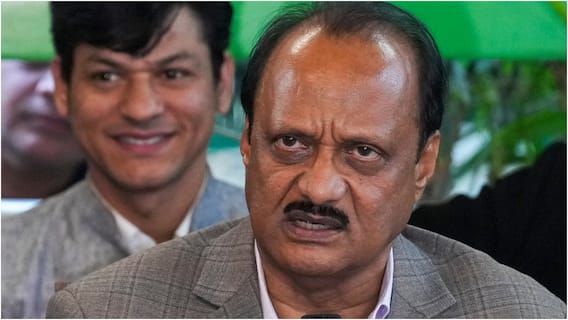India's GDP Growth In FY24 Could Be 'Very Close' To 8 Per Cent: RBI Governor
Shaktikanta Das said India's economy achieving a growth rate of 8.4 per cent in the final quarter of 2023, marking its fastest pace in 18 months

Reserve Bank of India (RBI) Governor Shaktikanta Das indicated that the India's GDP growth for the current fiscal year ending in March could be "very close" to 8 per cent. In an interview with ET Now on Wednesday, Das said India's economy achieving a growth rate of 8.4 per cent in the final quarter of 2023, marking its fastest pace in 18 months.
The growth was primarily propelled by robust manufacturing and construction activities. Consequently, the government revised its growth estimate for the fiscal year 2024 to 7.6 per cent from the initial projection of 7.3 per cent.
Das expressed optimism about surpassing the expected 5.9 per cent growth rate in the fourth quarter, leading to a higher annual growth rate. He highlighted the improving rural demand and continued strength in urban demand. Additionally, Das noted a significant uptick in investment activity, driven by both government and private investments, particularly in sectors such as steel, construction-related industries, textiles, and chemicals.
Looking ahead, the central bank has projected a growth rate of 7 per cent for the next fiscal year. Governor Das reiterated his optimism for the upcoming year, stating that achieving a 7 per cent growth rate is very feasible.
However, Das said the RBI's commitment to its goal of maintaining financial stability and supporting economic activity, highlighting the ongoing focus on bringing inflation down to the target rate of 4 per cent. Despite the downward trajectory of prices, Das acknowledged major uncertainties such as geopolitical tensions and weather-related risks, highlighting the need to remain vigilant and committed to the economic stability of the country.
In the same interview, Das also addressed criticisms regarding the central bank's actions against Paytm Payments Bank. He pointed out that the measures were targeted solely at a regulated entity, not against the fintech industry as a whole.
Trending News
Top Headlines






































